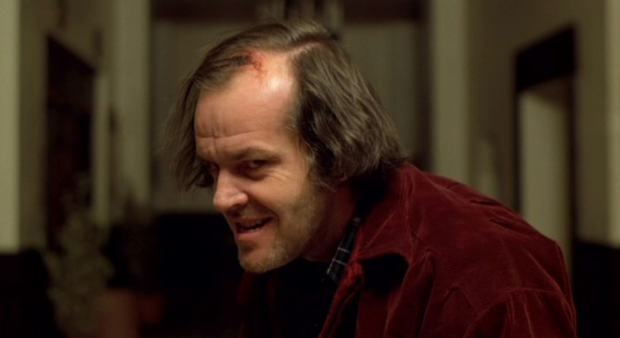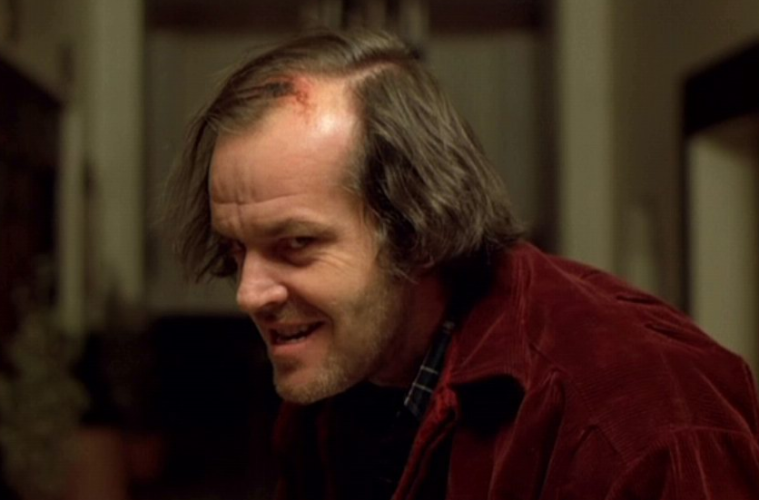
Dailies is a round-up of essential film writing, news bits, videos, and other highlights from across the Internet. If you’d like to submit a piece for consideration, get in touch with us in the comments below or on Twitter at @TheFilmStage.
At BFI, 11 directors pick their favorite Stanley Kubrick films.
Listen to Jeff Goldblum‘s 1.5-hour career-spanning interview with Marc Maron:
Criterion‘s David Bromwich on Dr. Strangelove, now available on the collection (also, read about Terry Southern‘s time on set):
When Stanley Kubrick bought the motion picture rights to the 1958 thriller Red Alert, by the retired Royal Air Force navigator Peter George, he meant to direct an action film about a nuclear war triggered by a solitary madman. Some way into his work on the script, however, Kubrick realized the story was too appalling for serious treatment and decided to recast it as an out-and-out satire. He had begun rewriting with George along those lines when he decided to call up Terry Southern, a Texas writer known for fiction with a dark deadpan humor. As Southern would recall, Kubrick thought he could detect in Southern’s novel The Magic Christian “certain indications” of the approach he was aiming for. “He told me he was going to make a film about ‘our failure to understand the dangers of nuclear war.’ He said he could only see it now as ‘some kind of hideous joke.’ ” Southern went to work accordingly, and the process remained collaborative. In the end, he and Kubrick revised the scenes for each day’s shooting on their limousine ride from London to Shepperton Studios, near Heathrow Airport.
Watch a 20-minute talk with Todd Solondz on Wiener-Dog:
Kate Plays Christine director Robert Greene names his favorite documentaries from the last ten years at Grasshopper Film:
Two sides of a coin, different in tone, style and extremity, yet inextricably connected, Joshua Oppenheimer and his collaborators’ diptych The Act of Killing and The Look of Silence is a pyscho-political, formally revolutionary double bill that reveals the unacknowledged scripts of impunity.
Bloomberg details how to get your own IMAX home theater for $400,000.
Terrence Malick‘s colorist Bryan McMahan talks to Filmmaker Magazine:
We usually had somewhere between three to six hours of runtime a day. Terry tends to shoot long, long takes, which makes the dailies go faster with the exception of scenes that start with an interior, then go outside, and then come back inside all in one take with two or three stops difference [in exposure]. Those [shots] take a little while. The hard thing was that they shot with so many formats – 35mm, Arri, GoPro, a little bit of Red, a little bit of 65mm.
Watch a video on Martin Scorsese‘s use of close-ups:
For Cinema Scope, Benny Safdie on the gag of realism and Nathan For You:
When you become obsessed with creating realism you create something fake. When you become obsessed with recreating reality you can create something hilarious.
This idea hit me hard while watching the “Smokers Allowed” episode of Nathan Fielder’s Comedy Central series Nathan for You. For the uninitiated, Nathan for You plays like a bizzaro Home and Garden TV reality show. It uses all of the language: the cheesy stock music, the camera wipes, Dutch angles, and, my personal favourite, the host walking towards the camera to make you feel like you’re watching a legitimate business remodelling show. It doesn’t feel like a parody—BUT IT IS.
IndieWire‘s David Ehrlich on how YA stars have become the unlikely saviors of American indie film:
At a time when the industry is growing increasingly hostile towards risk-taking and sensibly priced filmmaking has dissolved between the binary of mega-budget blockbuster and micro-budget indie hopefuls, Radcliffe and the fellow members of his graduating class have become allies for art in an age that seems anathema to it. “You have to be able to trust your taste, even if it attracts certain fans and repels others,” Radcliffe told this writer at Sundance in January, before explaining that he’s game for anything so long as his dad — a trusted advisor — likes the script. Very few of the oddities he’s made have turned much of a profit, but that’s precisely why his adventurous spirit is so valuable; without Radcliffe, a movie like “Swiss Army Man” might never receive the modest sum required to so vividly bring its bizarro vision to life, or foment the interest necessary to translate that vision into the kind of breakout success that A24 just leveraged from the film’s opening weekend.

